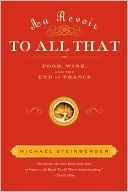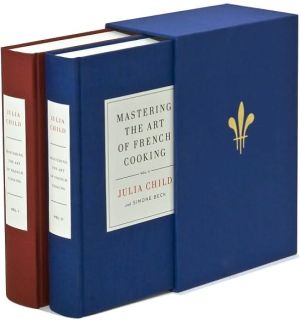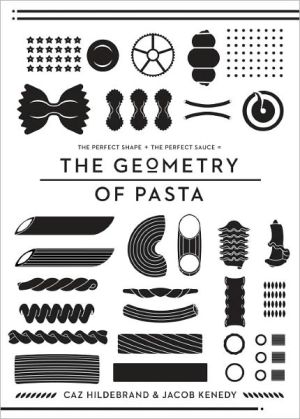Au Revoir to All That: Food, Wine, and the End of France
Search in google:
A rich, lively book about the upheaval in French gastronomy, set against the backdrop of France’s diminishing fortunes as a nation. France is in a rut, and so is French cuisine. Twenty-five years ago it was hard to have a bad meal in France; now, in some cities and towns, it is a challenge to find a good one. For the first time in the annals of modern cooking, the most influential chefs and the most talked-about restaurants in the world are not French. Within France, large segments of the wine industry are in crisis, cherished artisanal cheeses are threatened with extinction, and bistros and brasseries are disappearing at an alarming rate. But business is brisk at some establishments: Astonishingly, France has become the second-most-profitable market in the world for McDonald’s. How did this happen? To find out, Michael Steinberger takes an enviable trip through the traditional pleasures of France. He talks to top chefs—Alain Ducasse, Paul Gagnaire, Paul Bocuse—winemakers, farmers, bakers, and other artisans. He visits the Élysée Palace, interviews the head of McDonald’s Europe, marches down a Paris boulevard with José Bové, and breaks bread with the editorial director of the powerful and secretive Michelin Guide. He spends hours with some of France’s brightest young chefs and winemakers, who are battling to reinvigorate the country’s rich culinary heritage. The result is a sharp and funny book that will give Francophiles everywhere an entirely new perspective—political, economic, personal, and cultural—on the crisis in the country and food they love. The Barnes & Noble Review Have the French lost their mojo at the stove? Has the toque of big cooking ideas and breakthrough flavors been passed to, say -- zut alors! -- Spain? If so, why? Was it a smug, king-of-the-hill complacency, with the handmaiden of blinkered chauvinism in attendance, that doused the French kitchen s sizzle? That helped, writes financial journalist and wine columnist Steinberger, though he figures the root of decline is more likely to be found in the shambling French economy. Grand cuisine, with its emphasis on indulgence, has always needed big bucks to sustain its brilliance. Nor was nouvelle cuisine any different, Steinberger suggests: if defiant in its portions, its impossibly expensive, voluptuous artistry was more a palace revolt than a revolutionary turn. As the governments of Reagan and Thatcher toiled mightily to make the rich richer, thus circumstantially helping to bankroll the culinary revolutions in the U.S. and U.K., the French governments of Mitterrand and Chirac were elephantine bureaucratic nightmares, with taxes and regulations seemingly designed to thwart the entrepreneurial spirit. Not just the crème-de-la-crème establishments were hurt: where once 200,000 cafés, bistros, and brasseries brightened the French landscape, tightened purse strings reduced that number to 40,000, and McDonald s colonized the province of cheap eats. Steinberger, who writes with the leisurely pace of those good old French lunches and a with salubrious measure of humor, convincingly argues that the Michelin Guide made matters worse with its greater concern for the bells and whistles of décor than what was on the plate, coaxing restaurateurs into financially ruinous incidentals, while hyper-sanitized edicts from the European Union slipped a garrote around the necks of artisinal food makers. Imagine a world without stinky French cheese or, heaven forefend, all those French women who don t get fat; with fast food on the uptick, 40 percent of the French population is now overweight. --Peter Lewis








